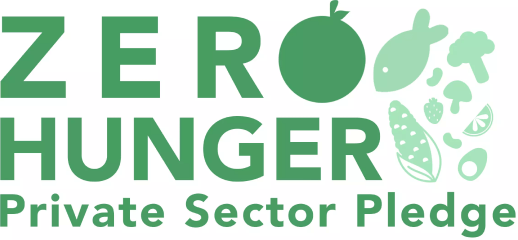
Stories from Companies
Nyangorora Banana Processors
Banana farming in central and western Kenya is an important source of income for small‐scale farmers. However, the banana processing industry suffers from high food loss and waste .
Nyangorora Banana Processors (NBP) re-purposes banana waste to boost incomes, nourish communities, and cultivate sustainable livelihoods. Founded in 2013, it uses banana waste, such as stems, peels and leaves discarded during banana processing to make banana crisps, bread, cakes, juice, and flour.
“To streamline our processes and minimise banana waste, we re-purposed the leftovers into flour and launched a new product line of doughnuts and porridge flour, now a popular and healthier breakfast alternative for babies and young children,” notes Askah Nyakwara, the founder of Nyangorora Banana Processors.
NBP purchases bananas from over 40 collection centres , located in the Kisii and Nyamira regions, and representing 5,000 small-scale farmers. The company also works with rural farmers and youth groups to improve their knowledge in banana processing, health and safety, quality assurance, and the retail of processed products.
Joining the Zero Hunger Pledge
Nyangorora Banana Processors joined the Zero Hunger Private Sector Pledge in September 2021. Working with GAIN as its implementing partner, NBP offers training and skill development through vocational programmes for rural youth. Students have gained skills in reducing food waste by extending the shelf- life of fruits such as mangoes, tomatoes and traditional vegetables through drying and packaging.
NBP also trains women and youth on how to create banana fibre from the banana stems. This work has also created awareness in the community on the importance of reducing banana waste.
As Askah notes, “We buy the fibre and finished products from our trainees and, as a result of the guaranteed sale of their products, motivate them to continue up-scaling the waste stems readily available in their farms. This has contributed to a cleaner environment and also created employment opportunities for the many women and youth in our network.”
Scale of impact:
- Reduced post-harvest losses from 40% to 15% in 10 years
- 5,000+ smallholder farmers engaged through 40 collection centres
- 16 youth employed full-time and 50+ students trained in food waste reduction
- Solar dryers installed
